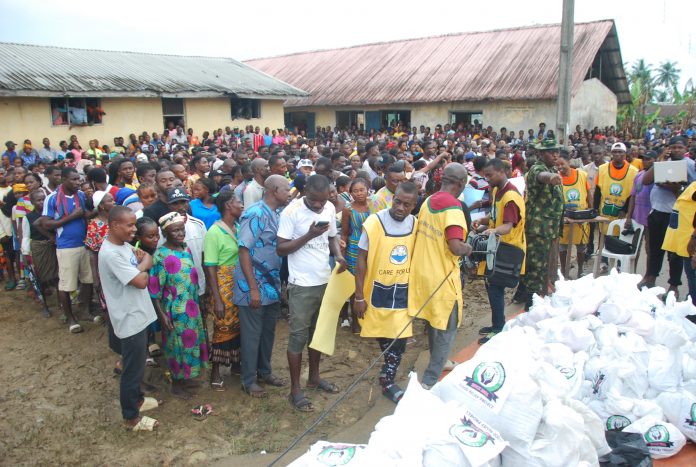130 million Nigerians, according to the National Bureau of Statistics (NBS), are considered to be poor. According to the bureau’s 2022 Multidimensional Poverty Index Survey, which was published in Abuja on Thursday, the statistic corresponds to 63% of the country’s population.
It was also said that women and children are most affected by the poverty index, which is mostly felt in rural regions, particularly in the north. The Oxford Poverty and Human Development Initiative, the National Bureau of Statistics, the National Social Safety-Nets Coordinating Office (NASSCO), the United Nations Development Programme (UNDP), and the United Nations Children’s Fund (UNICEF) performed the poll (OPHI).
According to information received, the calculation of the number was based on the Multidimensional Poverty Index (MPI), which has five components: security, living quality, education, and unemployment. According to the poll, poverty affects more than 50% of youngsters nationwide.
Adeyemi Adeniran, the Statistician-General of the Federation, mentioned in his remarks that 56,610 families were polled, and factors such underemployment, security shocks, living conditions, food security, and school attendance were taken into account. Ondo State had a multidimensional poverty index of 27%, whereas Sokoto State is thought to have a value of 90%.













